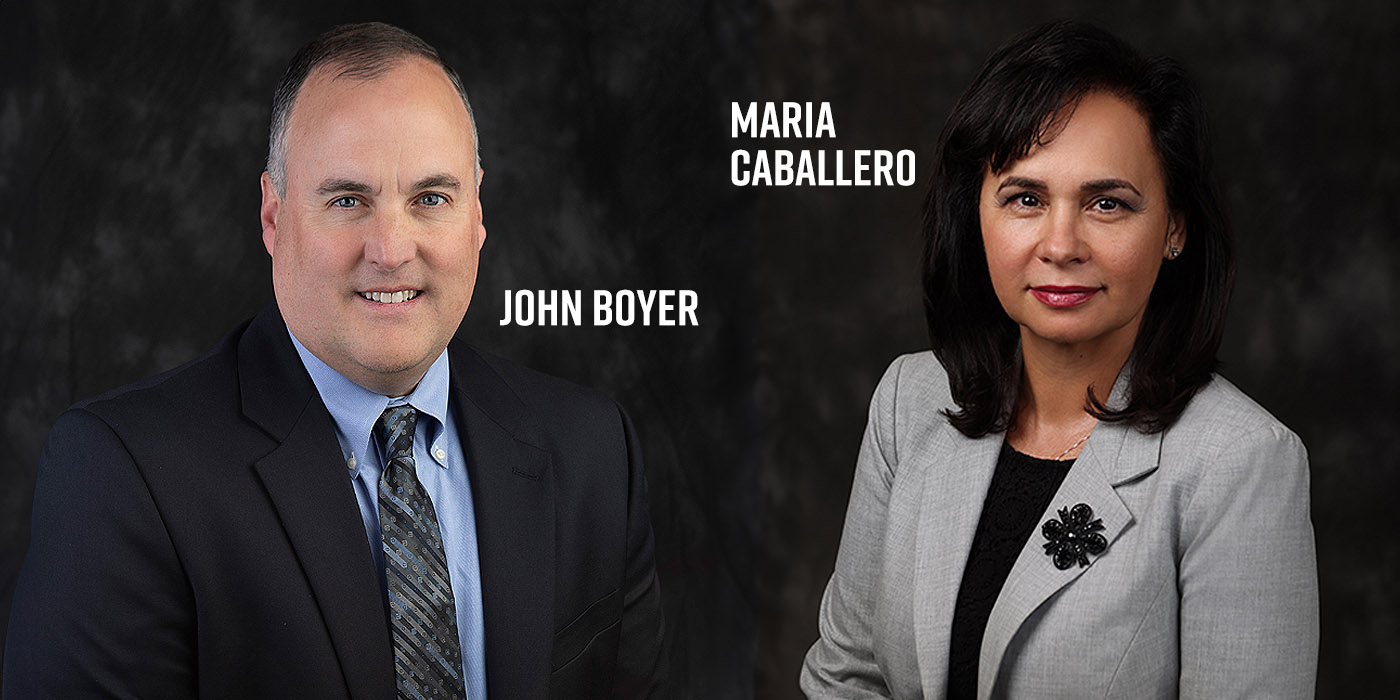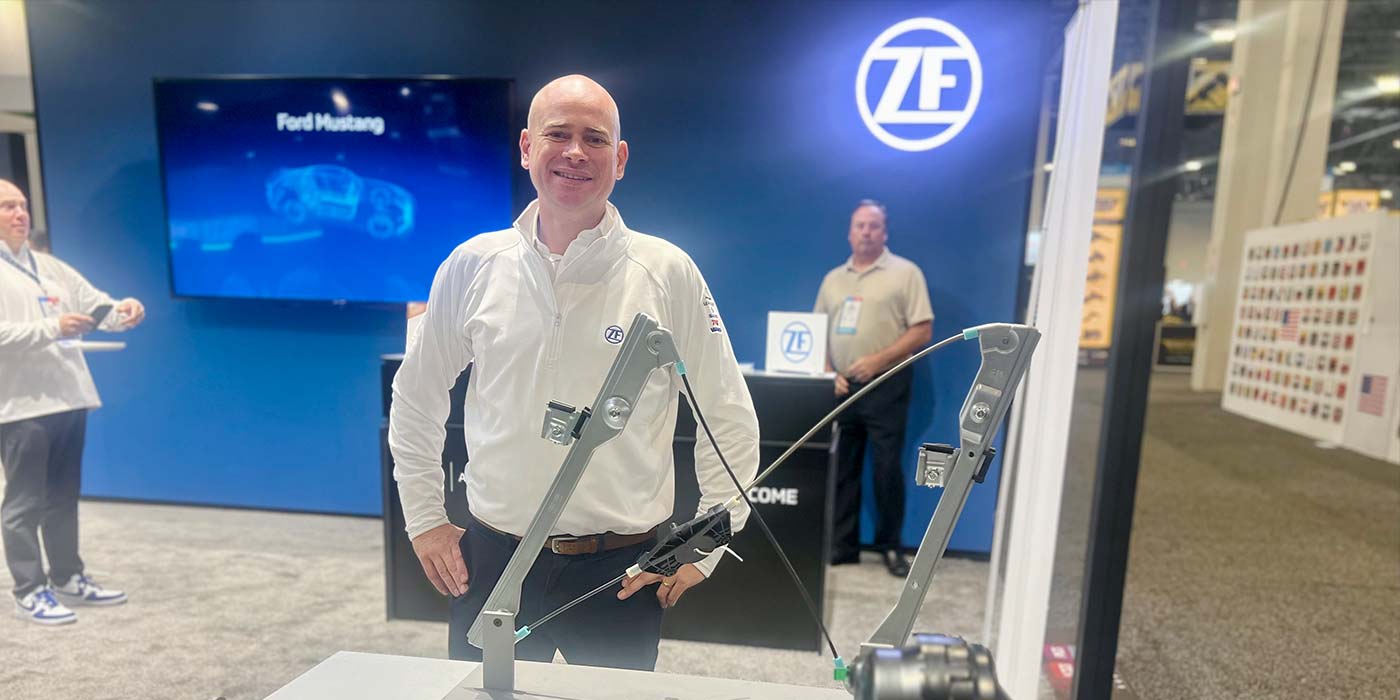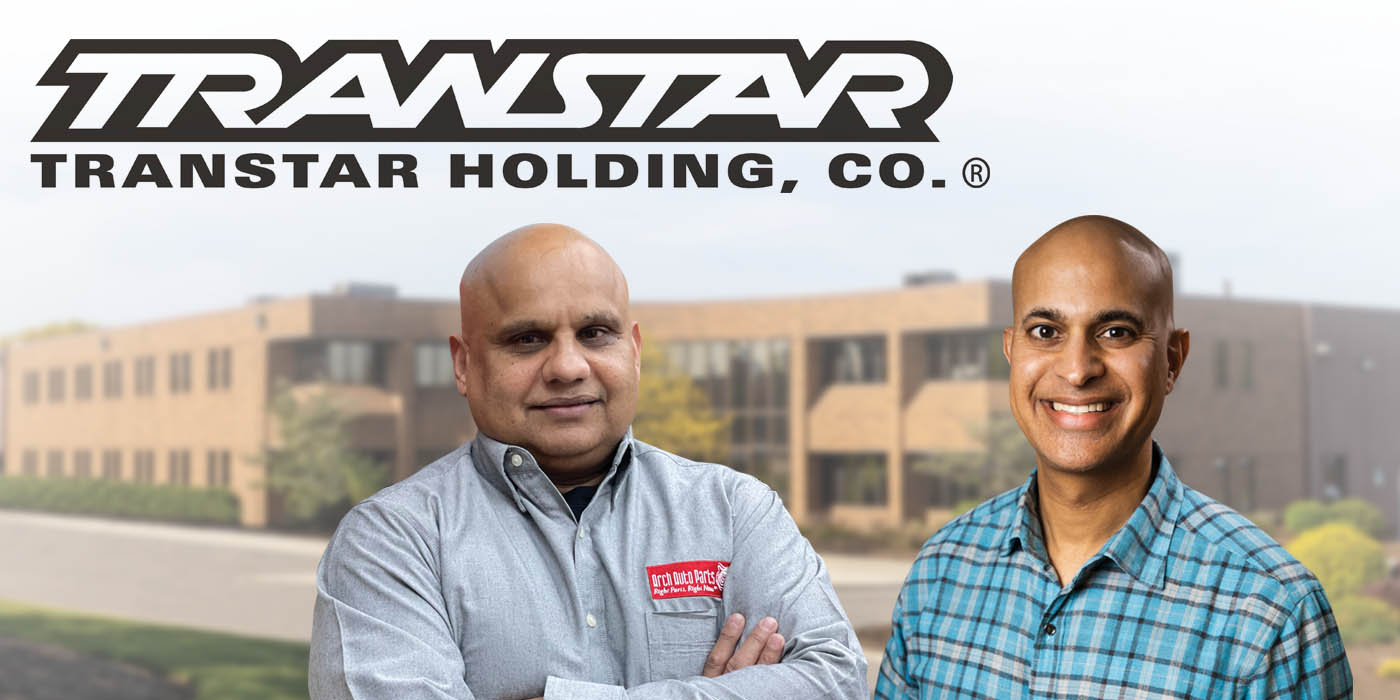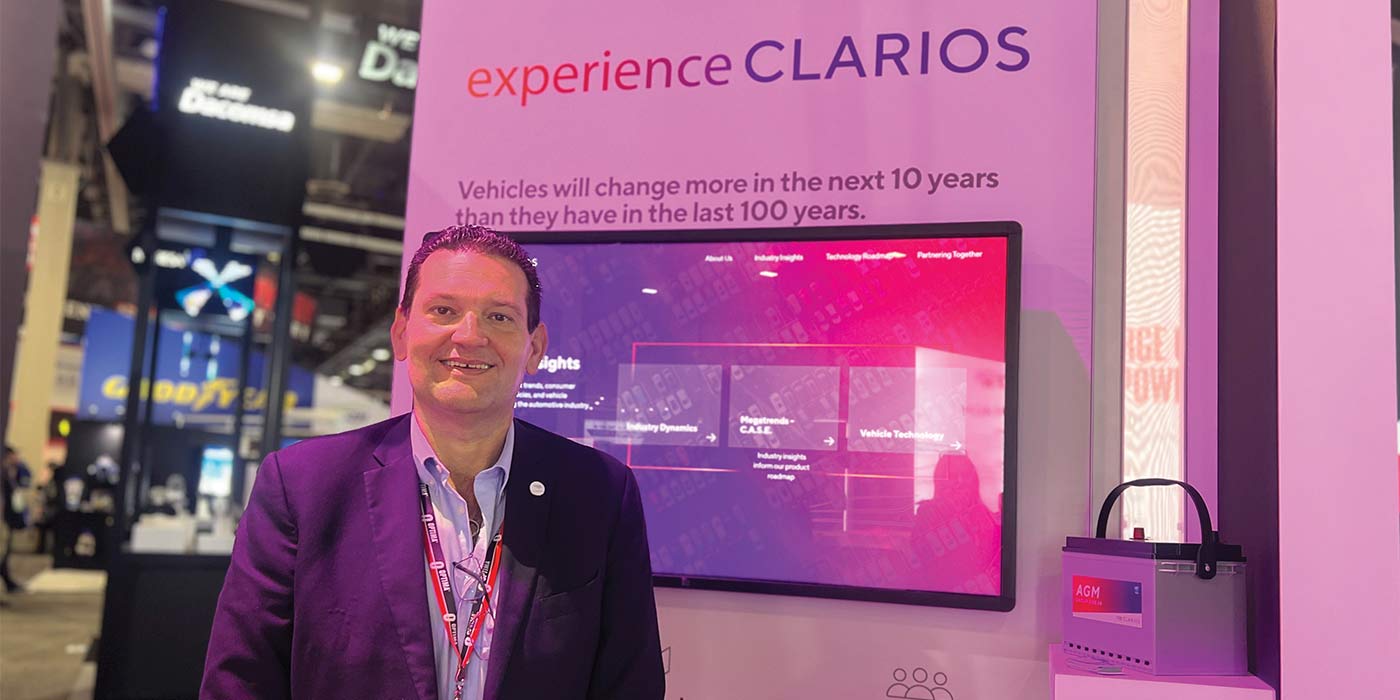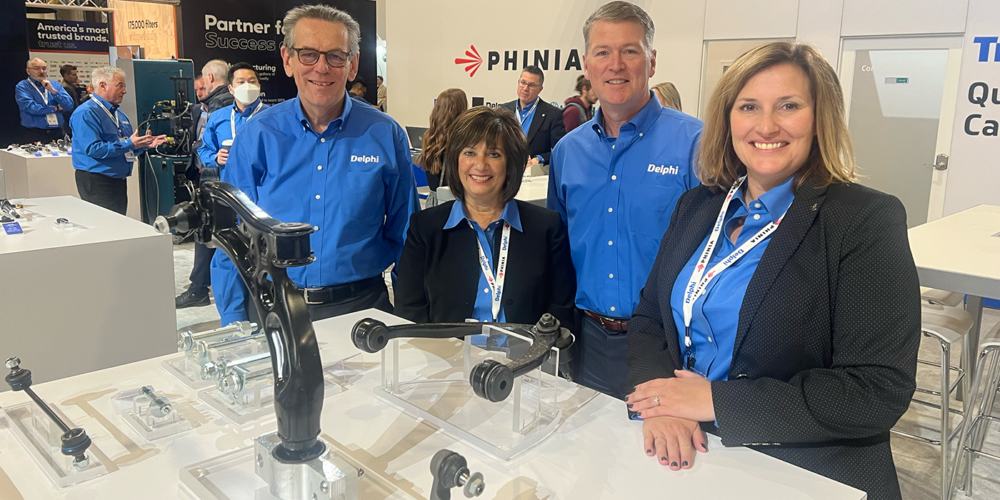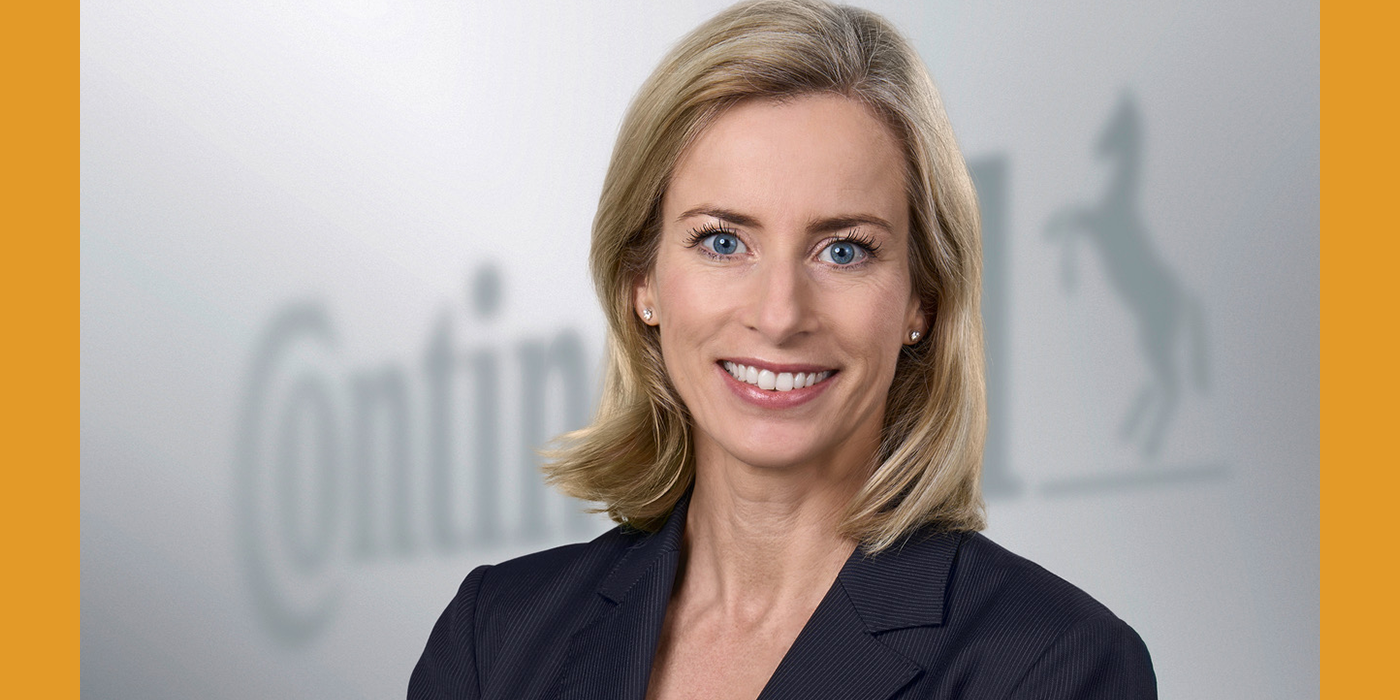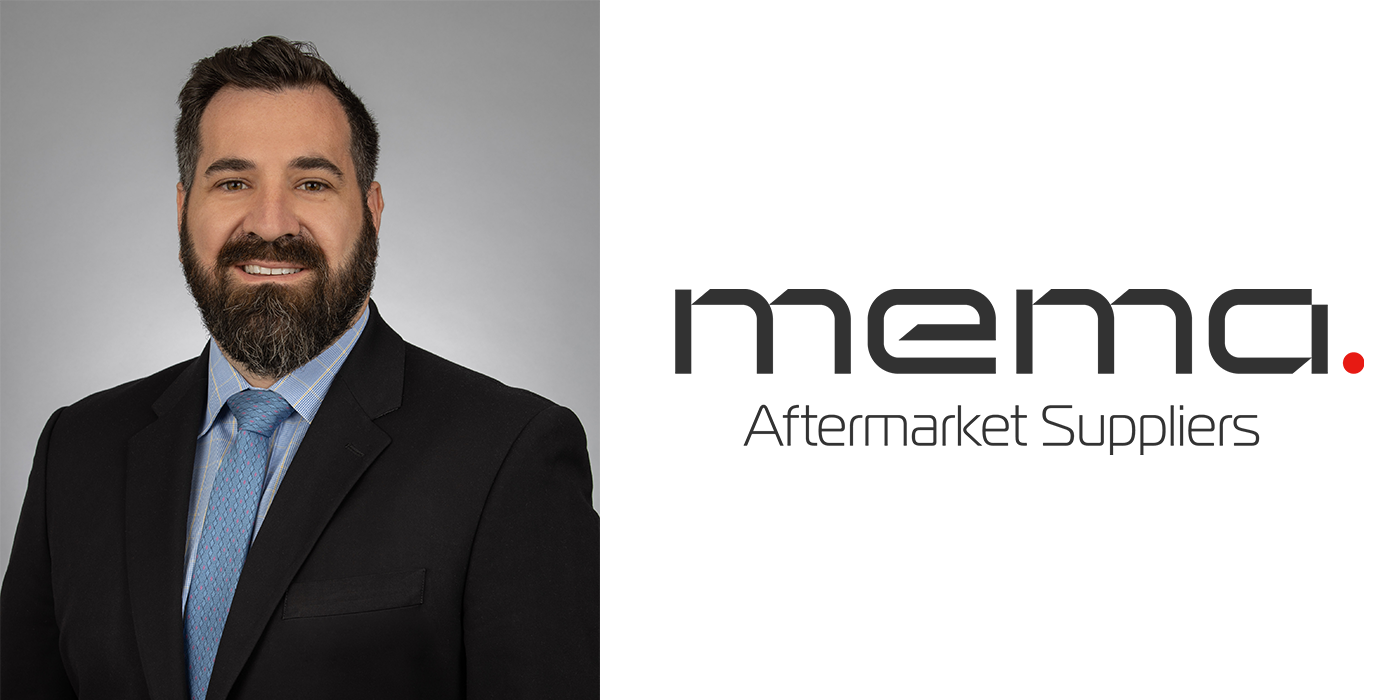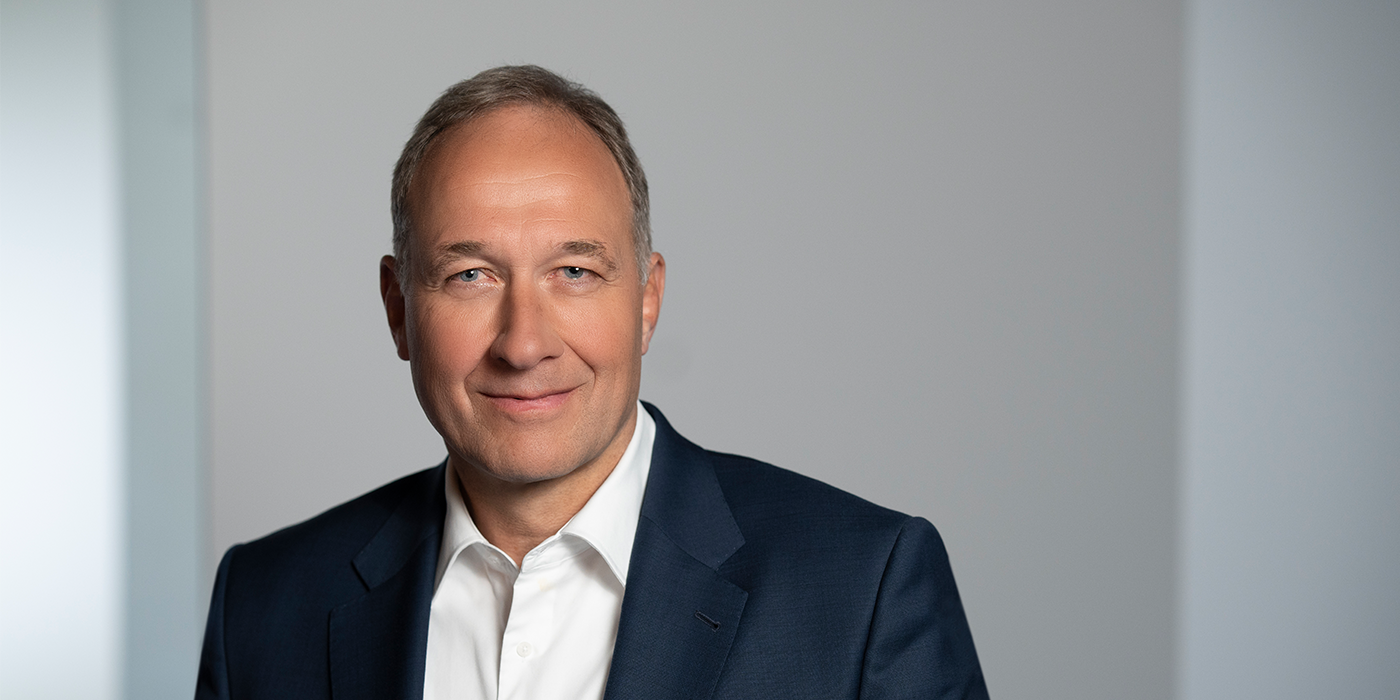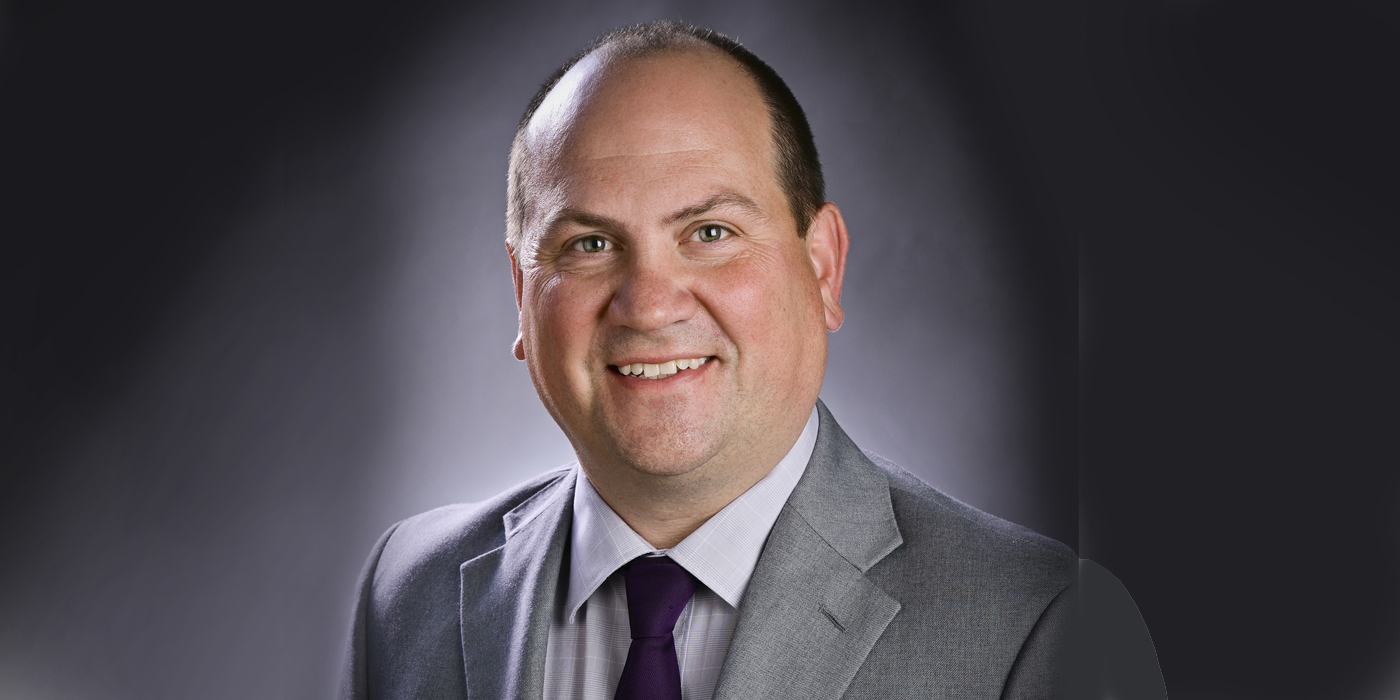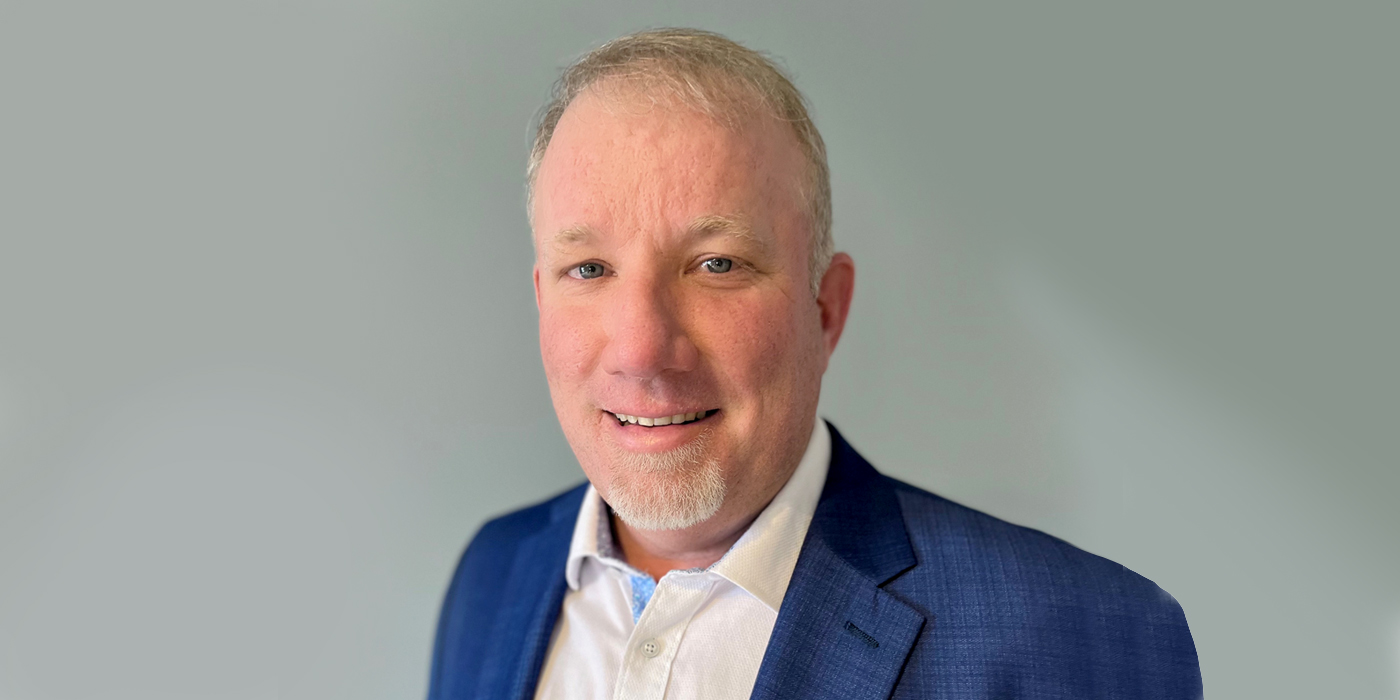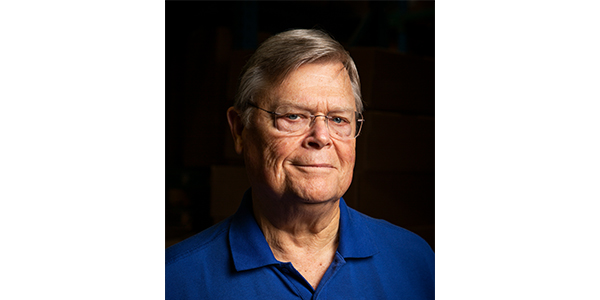
One hundred years ago this June, W.R. “Bob” Crow founded Crow-Burlingame. What started as a small, family owned automobile accessory company is today the second-largest privately held auto parts distribution business in the nation. Its leader, Fletcher Lord Jr., grandson of Bob Crow, is in the process of passing the torch to the fourth generation of his family into the Crow-Burlingame business and as he does so, he sits down with aftermarketNews to impart some of the sage wisdom he has gathered in his nearly six decades in the aftermarket.
Lord joined the family business in the 1960s as a delivery truck driver and worked his way up to president and chairman of the board of directors. From that first location in Little Rock, Arkansas, back in 1919 to the 46 stores when he took over as president in 1975, he has expanded Crow-Burlingame’s presence across the South with 179 company-owned stores and three warehouses in seven states today.
Crow-Burlingame is a Bumper to Bumper member of the Aftermarket Auto Parts Alliance and Lord has served two terms as chairman of the Alliance board. In 2009, Lord was named the recipient of the Automotive Warehouse Distributors Association (AWDA) Leader of the Year Award. Over the years Lord has dedicated time and resources to serve as chairman of the Distributors Institute, president of the Super Service Club of the Distributors Institute, first chairman of the ACDelco Dedicated Distribution Group Steering Committee, chairman of the board of the Alliance and in 2005-‘06 chairman of the board of AWDA.
In 1997, Lord earned his Automotive Aftermarket Professional (AAP) designation and has made involvement in Northwood’s career and development program a requirement for his executives. In 2007, Lord’s long-term contributions to the industry were recognized by Northwood University with its prestigious Automotive Aftermarket Management Education Award.
AMN: Crow-Burlingame is a notable name in the aftermarket, and the company is celebrating its centennial this year, which is a remarkable milestone. Your great-grandfather started off with an automotive “accessories” business in the early 1900s. What did the aftermarket look like back then?
Fletcher Lord Jr.:Well it didn’t look like very much. My grandfather and his friend, who were both in the grocery business, were trying to make a little extra money on the side. They would go to St. Louis, to the National Automotive Show, and back then there were about 100 different car manufacturers. They would buy a car and bring it back to Little Rock, and drive it. If somebody liked it and wanted to order one through them, they made a commission doing it, which is the way a lot of car dealers started. Ultimately, in about 1918, they decided they weren’t going to do that anymore. Instead, they started a business to supply car dealers with the accessories the cars needed to be road-worthy. When they shipped cars back then, they shipped them in a box, and they didn’t have tops or seats or any of that sort of thing on them.
AMN: What a transformation to today …
Fletcher Lord Jr.:It’s a been a constant transformation. That’s been the interesting part of the business all these years. It never stops changing.
AMN:Out of all the innovations, technologies and changes you’ve seen during your career in the aftermarket, what have been some of the most significant in your eyes?
Fletcher Lord Jr.:The industry has a life of its own, and you just sort of embrace what is going on at the time and try to make the best of it. It has had a number of different eras. When my grandfather first went into business and started to sell auto parts, he was in business about 10 years before he bought his first branch. And then, within the next few years, they wound up opening about 20 stores, because that was what was going on. People were buying cars, and they needed to keep cars running, and they weren’t very durable. There was a pretty good demand for these little towns to have a parts store. That’s what we did, and everything took us in that direction.
They continued to do that until the late ’50s. Without going into a long story, warehouse distribution came along, so we went into the warehouse distribution business. At that point in time we had about 45 stores and we had to start selling to independent jobbers in order to stay in business. If you didn’t sell about 40% of what you sold to an independent, you weren’t eligible to get the discounts from the manufacturers. That was a pretty fundamental change in the business.
AMN: Interesting. That’s the first time I’ve heard that …
Fletcher Lord Jr.:In Little Rock at that time we had about seven or eight warehouse distributors. All of them put in a number of small stores. There wasn’t any way to run them out of business because the warehouse distributor would just keep them financed because he needed volume. The vendors would keep the warehouse in business. So, during that period of time, you were trying to run your business the best you could to try to make a profit and grow your business. But you weren’t going to run anybody out of business and dominate the world back then.
We wound up with a whole bunch of small warehouse distributors, and then they wound up with a whole bunch of small part stores in all of these small towns everywhere. We went through that era for another 20 years. Then, those guys started wanting to retire, and we started to take the stores back and to acquire other parts stores. That’s how we grew from the late 50s into the 80s, by acquiring those stores. In the 80s, we started buying groups.
Every era was different.
AMN:I understand you have worked almost every role that you could in the company, which I imagine would give you a really intimate understanding of the business. Would you attribute that experience to your success today?
Fletcher Lord Jr.:I had worked during college, in the summertime, in the warehouse, and doing things around the parts store, delivering and things like that, but I never really had a vision of being in the parts business. As I got ready to graduate from college, I had almost accepted a job with a local bank. One of the bankers who was a friend of my dad called me and asked me to go to lunch. He told me that I would be silly not to at least try to go to work for a family business like I had the privilege of doing, that I could be a banker any time I wanted to, but I’d never get another chance for a family business like we had. And I took his advice.
When I got in it, I got in it with both feet and had to figure out what it was all about.
AMN: Since Crow-Burlingame has gone through such tremendous growth during your leadership, what are the keys, in your opinion, to keeping that family culture, as your business grows bigger and bigger?
Fletcher Lord Jr.:There are challenges today that I didn’t have [when I was coming up in the business]. One of the things about the business that was true when I was first starting was that almost everybody in the business was basically a generalist. They could do almost everything in the company with just a relative amount of training. It didn’t take a college education, or a degree in computer science to be able to do some of the jobs that are necessary to be done today. Everybody was sort of on the same team, and knew about what everybody else knows.
In today’s world, it’s more complicated. The bottom line is, the business is completely full of silos. And the silos are deep, and the people who are in them are really good at what they do. But they don’t necessarily know what’s going on in the silo next to them. So, purchasing and pricing and marketing and general administration, and all those sort of things have to work together for it to work well. The struggle is to get the silos communicating with each other so that they support each other like we used to. It’s a completely different environment than it was, and, from my point of view, it’s harder.
AMN: Absolutely.
Fletcher Lord Jr.:Everybody’s good at what they do, and nobody really appreciates what the other one does except they are glad they’re good at it. But they don’t feel like they get appreciated for what they do. It’s a struggle to keep everybody on the same page, and get focused. Everybody just wants to do their jobs the best they can, and then think everything will fall in place, but it really doesn’t work that way.
AMN: How do you show your employees that they’re valued?
Fletcher Lord Jr.:Well, I think we live that way. It’s just the way we are, and we’ve always been that way. My grandfather used to come over to the house and we would talk about business and he basically always said it was nothing without the people. If you’ve got good people then you’ve got a good business, and without them, you don’t have anything.
That’s always been the case. You have to surround yourself with not only the best people you can, but the people who are going be harmonious and work together, in a team effort. We don’t go out of our way to tell people we appreciate them, it’s just sort of second nature. It’s important, and we know it, but it’s just the culture here. Always has been.
AMN: I’m curious – you are not only running a very large business, but you’re also very actively involved in industry associations and the political action committees. What does a typical day look like for you?
Fletcher Lord Jr.:Well, my day is not the way it was five or six or 10 years ago. I’m starting to try to phase myself into obscurity. We’re bringing the fourth generation in this company along, and we’re letting them take the ball as much as they can, and much as they want to, and trying to stay out of their way, and counsel them. We let them make a few mistakes along the way and learn from it. I’m not nearly as busy. I used to put 60,000 or 70,000 miles a year on a car, and had all kinds of air miles. But I don’t do nearly as much of that as I used to. As a matter of fact, I beat myself up because I don’t do it as much as I probably would like to do. I just don’t. As you get older you don’t do that.
I love this business, and the people in it. It’s been a great place to spend a business career. A lot of people have passed through this industry and reluctantly retire or get out of it. Most people are happy with the career path that this industry has offered, and I’m one of them. It’s been a lot of fun.
AMN: There are so many new trends and innovations right now – autonomous cars and electric vehicles … the distribution model is changing … there’s Amazon and e-commerce changes. With all of this going on, what keeps you up at night?
Fletcher Lord Jr.:I guess everything. It’s all pretty mind-boggling as far as where I thought the world would be 20 years ago, and where it is today. There is going to be somebody who is going to put the distributor out of business, forever. That was the very first thing I started to come to the realization of. Nobody thought three-step distribution was viable because it was an extra step that no one wanted to pay for, but nobody could do away with it. I think to some degree, there will be shifts in the business just like there has been for the past number of years, when we were the only parts store in town, and all the sudden every distributor in town wants to put a parts store in, and you’ve got to go out and compete with those. We compete against O’Reilly, AutoZone, Advance, Carquest and NAPA. All of them publicly held with insurmountable amounts of money, and we still have to get out and face them every day and compete and win.
You try to do what you do well, and give people what they need to be successful. So far, it seems to have worked out pretty well. It’s not an easy business. It’s competitive, but the people in it like it, and I think it’s a good place … If you happen to be pretty good at running a parts store, you can make a pretty decent living in a small town, doing it well.
AMN: Listening to you speak, you acknowledge what a complex industry it is, but it sounds like, if I may make this assumption, you keep it pretty simple and don’t overthink it. Would that be accurate to say that?
Fletcher Lord Jr.:Yes, I think that would be accurate, probably because I’m not smart enough to overthink it. Keeping it simple is a better way to approach things. That’s a ‘Fletcherism’ – that I always act like everything is real simple and they know it’s not. That doesn’t keep me from thinking we ought to be able to go out and do it.
The more we get into the big data, and crunch big data, and the more I get involved with it, the more I realize that the only thing I’m going get to is another question, and I’m never going to find another answer. Just one dig, and all you find is another question. You dig deeper, and you find another question. It’s a mental game.
AMN: Absolutely, and speaking of big data, that’s one of the primary areas that the Auto Care Association and the Automotive Aftermarket Suppliers Association are keeping an eye on. I know you’re pretty politically involved. What do you think about what’s going on with right to repair, big data and cyber security, etc.? Do you think that the aftermarket will continue to have a voice on Capitol Hill and could make a difference in those arenas?
Fletcher Lord Jr.:I think it’s a big challenge. I think it’s important we communicate our position on the Hill. If you can talk to a Congressman or Senator one-on-one, they pretty much understand what’s going on. But the political realities are, there’s so much money available for those people politically that it overwhelms us. [If we think] we’re going try to own that business by financial support of a Congressman or Senator, it ain’t gonna happen. It is a consumer concept of keeping the market competitive so the consumer can get the best deal. It’s going to be a struggle, but everything is.

